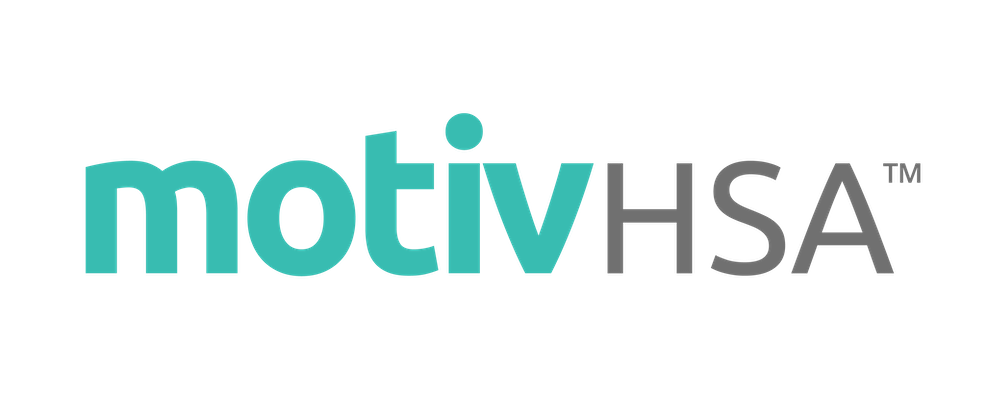Glossary
Learn what HSA terms mean and how to navigate your financials. With the MotivHSA glossary, we’ll simplify the way you save and spend your money.
HSA Terms to Know
Account Holder
The individual that owns the HSA. There can only be one account holder of an HSA but money from the HSA can be used to pay for qualified medical expenses of the account holder’s spouse and tax-dependents.
Administrator
An HSA administrator, like Lively, is a company responsible for making decisions and managing HSAs. If the account holder contributes to an HSA through their employer their HSA administrator is chosen for them. But if account holders are unhappy with their employer’s HSA administrator or if the employee leaves the employer, the account holder can roll their HSA from the employer-sponsored administrator, to an HSA administrator that’s a better fit. People who purchase an HDHP in the private market can choose to open an HSA with any administrator they feel will help them meet their goals.
Basis Points
A basis point is one-hundredth of 1 percentage point.
Example: 50 basis points on investment balances means your fee owed to MotivHSA is .05% of money earned in MotivHSA’s investment platform.
Beneficiary
The individual(s) or entity (e.g., trust or estate) designated to inherit the account holder’s HSA in the event of their death. Learn more about how to choose and designate an HSA beneficiary.
Catch-Up Contribution
An additional allowable HSA contribution amount. In 2023 and 2024, the HSA catch-up contribution amount is set at $1,000 above the annual maximum contribution limit. And is applicable only for individuals aged 55 years or older by the end of the applicable tax year. Learn more about HSA catch-up contributions.
Contribution
The technical term used to refer to deposits made to an HSA. Contributions can be one-time or recurring. For Lively account holders, contributions can be made with Lively by linking a bank account and setting up one-time or recurring contributions. The account holder’s employer can also make pre-tax (payroll) contributions into their HSA account. Funds become available in 2-3 business days after deposit. Then, they can be accessed via the account holder’s Lively debit card, or new expenses can be submitted on the Lively mobile app for reimbursement at a later date. See also: Contribution Limit.
Contribution Limit
The maximum amount established by the IRS that an HSA account holder may contribute to their HSA on an annual basis. Contribution limits can change based on the annual inflation rate. Discover current contribution limits.
Deduction
When an employer takes an employee’s predetermined HSA contribution from that employee’s paycheck prior to income taxes being assessed, it’s called a deduction. For Lively account holders, the funds withheld from the employee’s paycheck pretax can then be accessed via the account holder’s Lively debit card after 2-3 business days. Or new expenses can be submitted on the Lively mobile app for reimbursement at a later date.
Distribution
The technical term used to refer to funds that have been withdrawn from the account holder’s HSA for any reason. HSA distributions are exempt from income taxes if all of the funds are used to pay for qualified medical expenses that were incurred after the HSA was established. If any portion of a distribution is not used for qualified medical expenses, that portion is taxable as income and subject to a 20% penalty. Learn more about withdrawing funds for qualified medical expenses. See also: Withdraw
Pre-tax (Pre-tax or Tax-free Contribution)
A pre-tax contribution is a contribution made to a tax-advantaged account like an HSA, an FSA, a pension plan, retirement account, or another tax-deferred investment vehicle for which the contribution is made before federal and municipal taxes are deducted. For example, if $7,100 is contributed to a family HSA, the contributor doesn’t pay federal taxes on that $7,100 of income in the year that it was earned. Pre-tax contributions can reduce an individual’s gross and taxable income.
Qualified/Eligible Medical Expenses:
The IRS has a specific list of “qualified medical expenses” which include almost all “normal” medical procedures and prescription medications, as well as ordinary dental and vision services and accessories (such as dentures and eyeglasses) that can be paid for with money from an HSA.
Reimbursement
Paying out-of-pocket for an HSA-qualified medical expense and then using money from the HSA to pay oneself back. This can be done even if the account holder doesn’t have money in the account the day the expense incurred, and at any time in the future. Learn more about HSA reimbursement rules.
Withdrawal
Money taken out of an HSA. A withdrawal can be tax-free for an eligible medical expense. For money taken out of an HSA for something other than an eligible medical expense, excise tax penalties may apply. Money can be withdrawn without the excise tax once one reaches age 65, when money for non-medical expenses can be withdrawn, subject to the account holder’s current tax rate.
Participate in Individual Stocks or Vehicles
Investors weigh the higher risk and potential returns of individual stocks against the lower risk and modest returns of investment vehicles like mutual funds.
